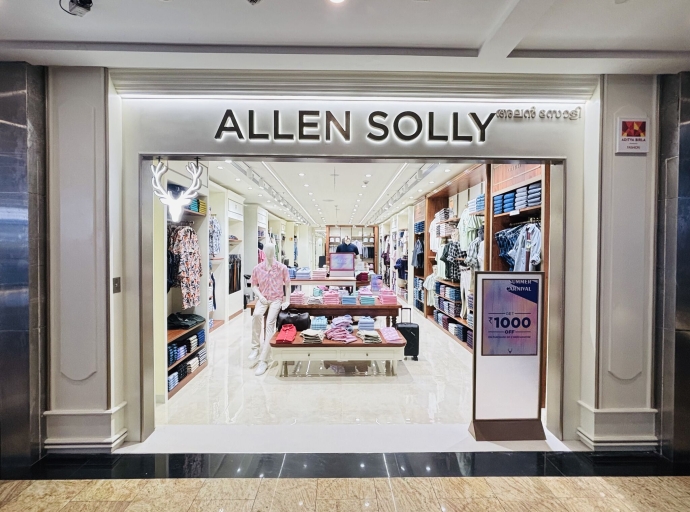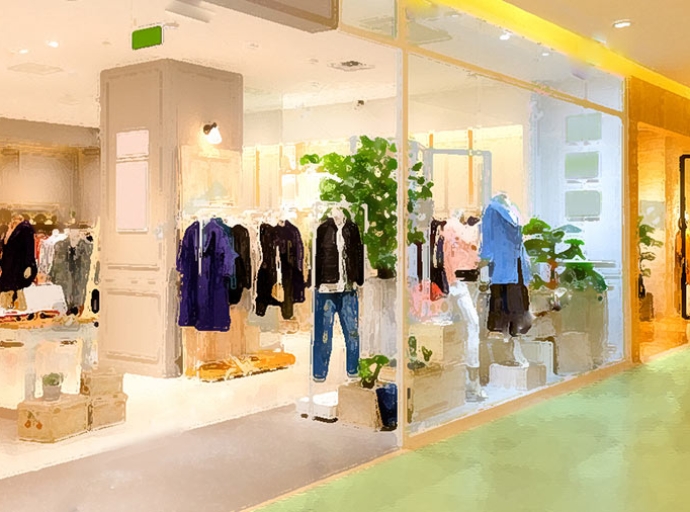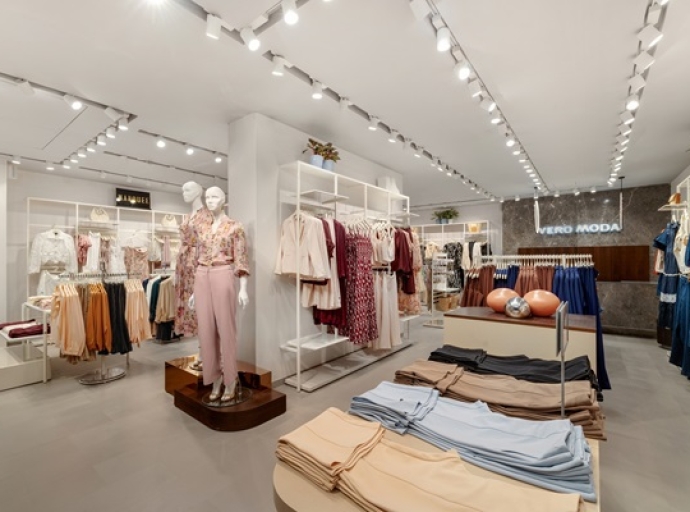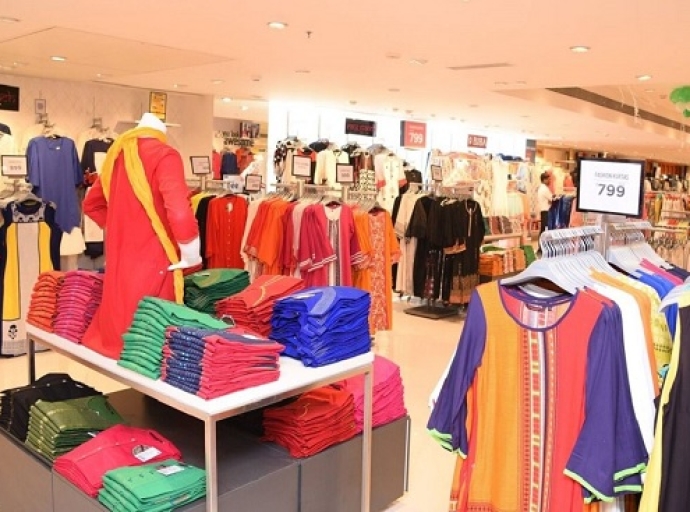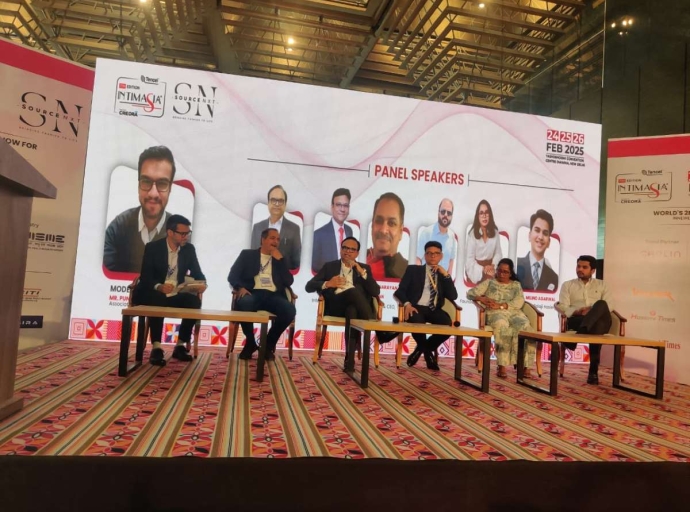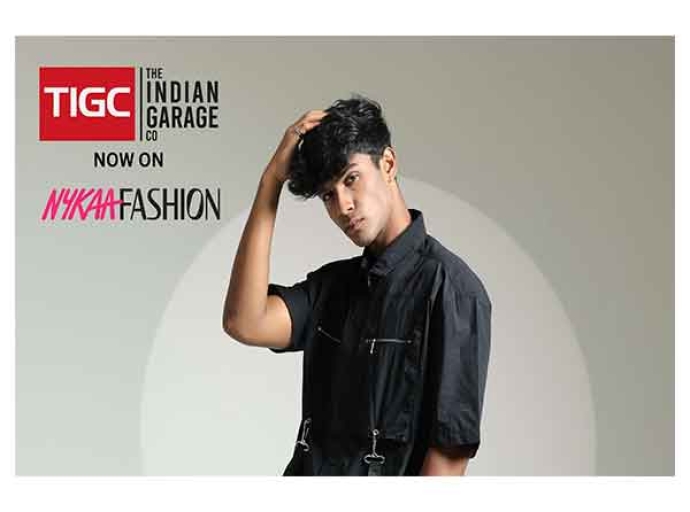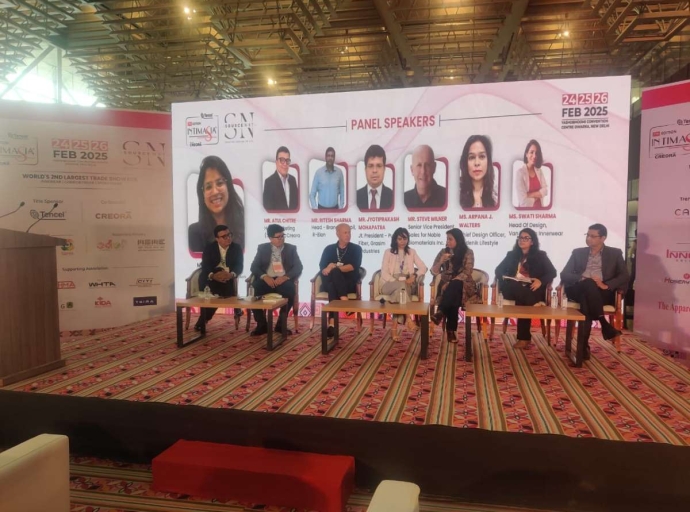India's growing appetite for international premium and luxury apparel is transforming the country’s retail landscape. From high-end designer boutiques in metros to the growing reach of online platforms, global brands are finding a receptive audience among India's increasingly affluent consumers. This growing demand is due to combination of factors both economic growth and evolving cultural aspirations.
Market size, growth, and projections
The luxury apparel market in India that includes apparels is seeing significant growth. As per Statista, the Indian luxury goods market was valued at approximately $8.5 billion in 2023, and is projected to grow at a CAGR of around 10-12 per cent over the next few years.
Studies suggest based on current growth trends, the luxury goods market could reach $15-20 billion by 2030. This growth is due to rising disposable incomes, urbanization, and changing consumer preferences. A Euromonitor International report highlights the premium apparel segment is a major contributor to this growth, with global brands playing a leading role. They also point to the rise of experience based purchases, where consumers are spending more on the experience of buying luxury goods.
McKinsey & Company reports too have emphasized the growing importance of digital channels in reaching Indian luxury consumers. Also a March 2024 survey by Statista found that over 80 per cent of Indian luxury consumers prefer purchasing high-end fashion from global brands like Gucci and Armani.
What’s driving the luxury craze?
Several factors are pushing up India's love for international luxury apparel.
Rising disposable incomes: India's growing middle and upper classes possess greater purchasing power, enabling them to indulge in premium and luxury goods. This economic growth has created a substantial consumer base eager to acquire internationally recognized brands.
Aspirational value: International brands often carry a strong aspirational value, signifying status, success, and a connection to global trends. For many Indian consumers, owning these brands is a way to express their social standing and lifestyle aspirations.
Growing global exposure: The proliferation of social media, travel, and digital platforms has exposed Indian consumers to global fashion trends and brand awareness. This increased exposure has led to a desire for international products.
E-commerce expansion: The growth of e-commerce has made international brands more accessible to consumers across India, including those in smaller cities and towns. Online platforms have broken down geographical barriers, allowing consumers to browse and purchase luxury apparel from the comfort of their homes.
Foreign Direct Investment: The government has taken initiatives to attract FDI in the country, including relaxing regulations and reducing barriers to entry. This has created an indusive environment for overseas fashion brands to enter the Indian market. As stated by apparel resources "The Indian government has also taken several initiatives to attract FDI (foreign direct investment) in the country, including relaxing regulations and reducing barriers to entry. This has created a conducive environment for overseas fashion brands to enter the Indian market."
Why Indians prefer shopping luxury abroad
Interestingly, despite the rise of homegrown luxury labels, many Indians still prefer shopping luxury abroad. This is often because luxury shopping is about the experience, from strolling down iconic shopping avenues to the prestige of purchasing a limited-edition piece before it arrives in India. As model Malaika Arora, says buying luxury abroad doesn’t mean people are ignoring local brands. It’s about finding a balance. She also points out that global luxury brands have had decades to build an aspirational identity. Brands like Chanel, Louis Vuitton, and Dior have built a legacy over generations, deeply embedded in pop culture. This heritage, combined with the perception of exclusivity and status, continues to attract Indian consumers.
What’s more global brands often offer instant gratification and a wider variety of products compared to some homegrown labels. Many Indian shoppers plan their travels around luxury shopping, seeking pieces not available at home. Add to it the thrill of walking into a boutique in Paris or Milan is an experience in itself.
Changing dynamics
While international brands continue to hold significant appeal, the Indian luxury landscape is evolving. In fact, a renewed focus on India's rich textile heritage and skilled craftsmanship is fostering a demand for locally made premium apparel. Increasingly, Indian designers are creating brands that blend contemporary styles with traditional techniques, catering to a discerning clientele seeking unique and authentic products.
Indian consumers too are becoming much more aware of brand ethics, and sustainability. This is causing some consumers to seek out brands that match their personal ethics. As socialite Shalini Passi opines, “Indian brands have come a long way. The quality is phenomenal, the pricing is competitive, and the design language is uniquely their own—I’m truly drawn to it.” And Indian designers are gaining global recognition, with their creations featured on international runways and red carpets.
Thus even as the future of India's luxury apparel market looks promising, the market is becoming more nuanced, with consumers seeking a balance between international prestige and local authenticity. And while Indian labels are making waves globally with continued support, they’ll only grow stronger and reach more consumers worldwide.





